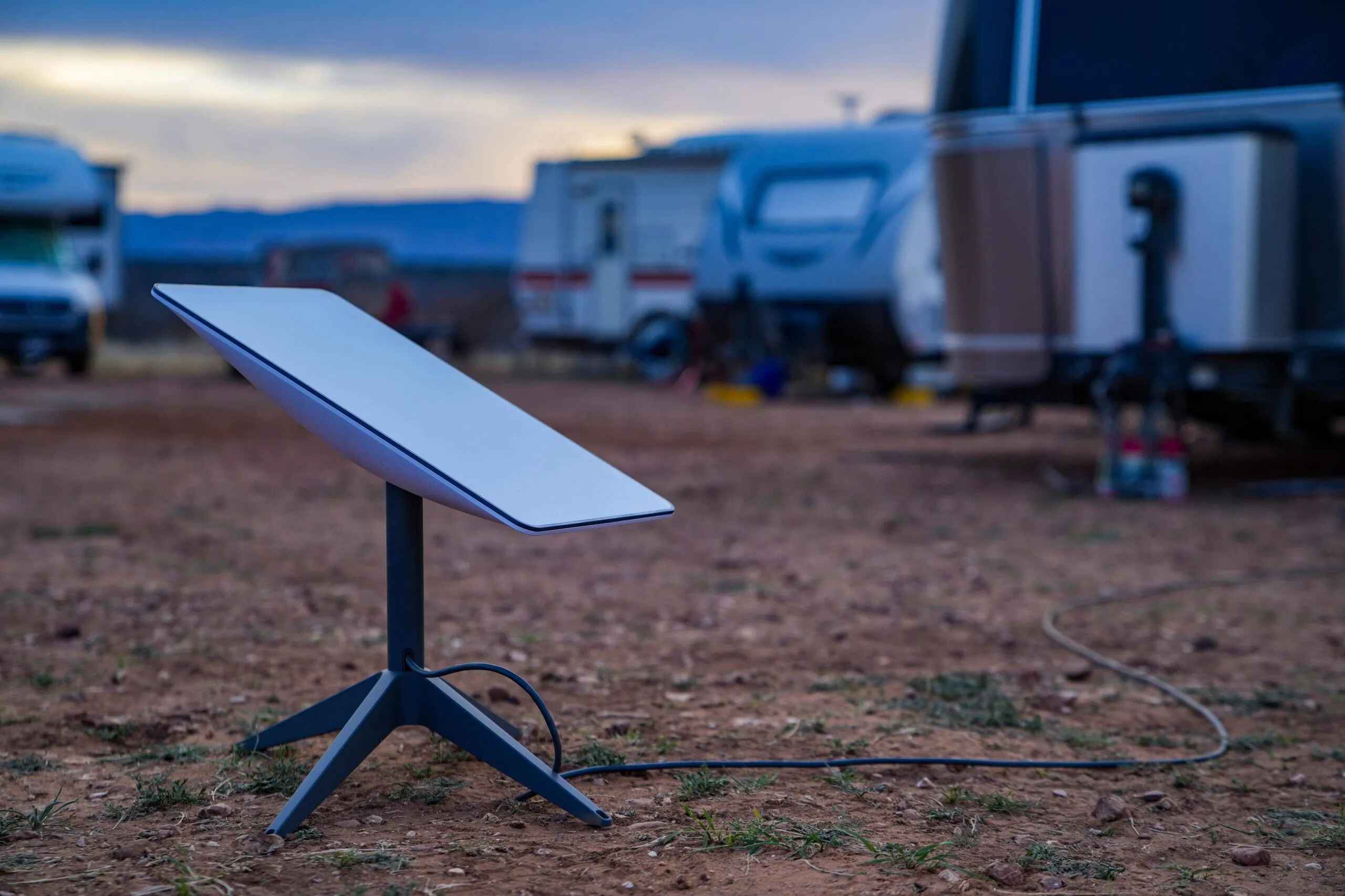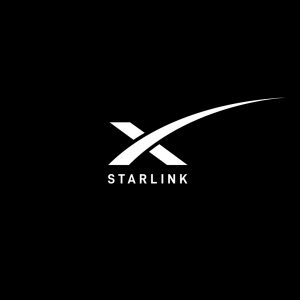The Federal Communications Commission (FCC) has made a final denial of Starlink’s application for $885 million in public funds to expand its orbital communications infrastructure to cover parts of rural America. The FCC stated that the company “failed to demonstrate that it could deliver the promised service.”
Key Takeaway
The FCC has denied Starlink’s application for $885 million in public funds to expand its orbital communications infrastructure, citing the company’s failure to demonstrate its capability to deliver the promised service. The decision was based on the company’s still developing technology, financial and technical deficiencies, and the high cost of the required equipment for users.
Rural Digital Opportunity Fund
The denied funds were part of the Rural Digital Opportunity Fund, a program aimed at subsidizing the rollout of internet service in areas where private companies have deemed it too costly or remote to do so. The $885 million was initially allocated to Starlink in 2020 based on the company’s proposal for connectivity, cost, and coverage areas.
FCC’s Evaluation
The FCC explained that the initial application was brief and that applicants meeting certain criteria would undergo closer scrutiny. Starlink’s satellite internet proposal was recognized as a “still developing technology” that required users to purchase a $600 dish, which posed a significant barrier for the target demographic of people lacking resources. The agency also identified “numerous financial and technical deficiencies” in the proposal and the company’s operations.
Starlink’s Response and FCC’s Stance
Starlink requested a review of the decision, claiming it had been held to an “inappropriately onerous standard.” However, the FCC highlighted that the company had not shown it was reasonably capable of fulfilling the program’s requirements to deploy a network of the required scale and size. The agency also considered Starlink’s continuing inability to successfully launch the Starship rocket when making predictive judgments about its ability to meet its obligations.
Reactions and Future Prospects
Two Republican FCC Commissioners dissented from the decision, expressing faith in Starlink’s capabilities. However, the FCC’s decision reflects a cautious approach, considering the substantial financial stakes involved. While the loss of potential funding is significant for Starlink, the company has been experiencing rapid revenue growth despite operational costs.
Although the denied funds were never disbursed to Starlink, the company’s appeal of the decision was considered a long shot. It remains to be seen how this decision will impact Starlink’s future expansion plans and financial outlook.

























